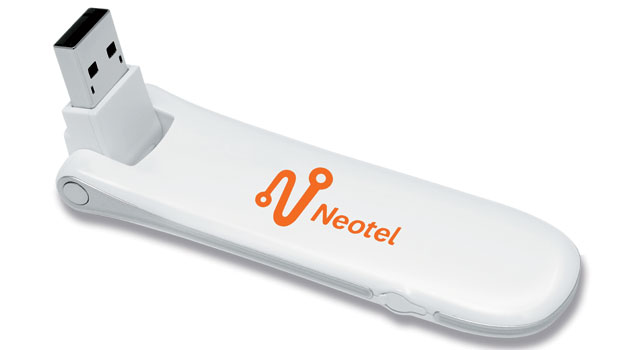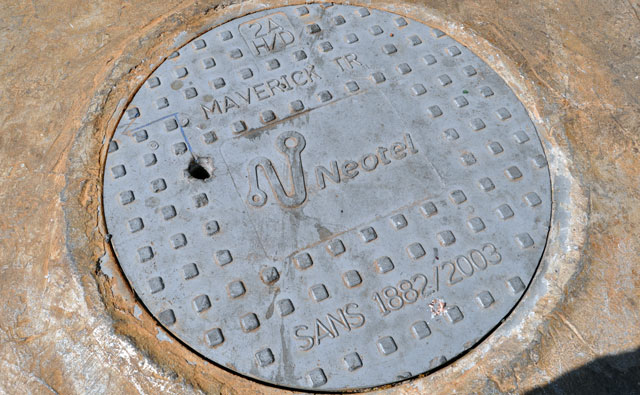
Econet and subsea cable operator Seacom are courting Neotel with the view to a potential acquisition, it was reported on Tuesday.
The news comes after Vodacom was forced to walk away from its R7bn plan to buy Neotel, mainly to get access to the company’s radio frequency spectrum assets.
Consumer forum site MyBroadband on Tuesday quoted unnamed “industry sources” as saying that Seacom and Econet, which owns the fast-growing pan-African telecommunications business Liquid Telecom, are both in talks with Neotel parent Tata Communications with the view to a potential deal.
Technology analyst Arthur Goldstuck, MD of World Wide Worx, said both suitors would make a “fairly good fit” with Neotel.
Neotel has long been a close partner of Seacom’s, he said, particularly when it comes to infrastructure. “They have managed Seacom’s terrestrial connections to some extent, so it’s a natural fit from a connectivity perspective,” he said.
Also, Seacom has been actively expanding its services beyond simply providing undersea fibre capacity to service providers.
Last year, it launched Seacom Business, a new division that sells capacity across its infrastructure directly to corporate customers and small and medium enterprises. Last-mile fibre has become a major focus for the company in the corporate market, and an acquisition of Neotel could dramatically bolster its offerings in that space.
Seacom CEO Byron Clatterbuck said at the time of the launch of Seacom Business that the company was “not seeing optimal take-up” of its international capabilities. As a result, Seacom decided to deliver services directly to corporate users.
Seacom first started offering access to large service providers on its US$500m subsea cable in 2009. The system extends from South Africa to Europe and Asia via a number of countries along Africa’s eastern seaboard.
Since then, it has invested in building an Internet protocol and multi-protocol label switching or MPLS network across Africa. It has also acquired capacity on other African cables, including Teams and Eassy in the east and Wacs in the west.
Econet’s apparent interest in Neotel is likely related to Liquid Telecom’s growth ambitions. Goldstuck said South Africa remains the most strategic market in sub-Saharan Africa, and an acquisition of Neotel would give Econet and Liquid a strong presence here.
Until recently, Liquid has focused most of its efforts in African markets outside of South Africa. However, this has started to change, with the company now expanding its fibre links between a range of towns in South Africa’s northern provinces, Limpopo, Mpumalanga and North West.
The company, which already operates in Southern, Central and East Africa, set out plans last year to expand its fibre-optic broadband footprint in South Africa dramatically over a two-year period, spending R250m on infrastructure.
Founded in 2004 by Nic Rudnick, who serves as group CEO, Liquid Telecom was started as a satellite communications business. It later built a fibre network in Zimbabwe for Econet and other operators, and based on the success of that venture, it pivoted its business in that direction after 2009.

Today, it is one of the largest long-distance fibre operators in Africa and has networks in South Africa, Burundi, the Democratic Republic of Congo, Kenya, Rwanda, Tanzania, Uganda, Zambia and Zimbabwe. Wholesale customers include big mobile operators such as Econet, Vodafone, Orange, Airtel and MTN.
Econet founder Strive Masiyiwa, who is Zimbabwe’s wealthiest businessman, said last year that he intends to list Liquid Telecom, which was founded 12 years ago, after turning down several multibillion-dollar offers to buy the asset.
The initial public offering will be used to raise capital to fund expansion of Liquid Telecom’s infrastructure in markets all over Africa and looks set to cement the company’s position as one of Africa’s most successful telecoms ventures.
The reported interest in Neotel by both Econet and Seacom comes after Vodacom pulled the plug on its plans to acquire the company, citing regulatory complexities.
The deal fell apart despite Vodacom and Neotel announcing in December that it was being restructured in an attempt to placate rivals and regulators concerned that the combination would have a negative effect on competition.
The deal with Vodacom faced hurdles from the start, with competitors objecting strenuously to the mobile operator acquiring Neotel’s spectrum assets in particular. They argued that Neotel’s spectrum would give Vodacom an unfair advantage.
Vodacom revised the deal to exclude Neotel’s spectrum. Under the revised plan, the spectrum was to be offered by Neotel to all network operators through roaming agreements, but that apparently never happened.
The collapse of the deal has left Neotel in limbo. Already, the company has been without a full-time leader since the departure last year of CEO Sunil Joshi, who had been suspended pending an investigation into a reportedly dodgy deal with Transnet. — © 2016 NewsCentral Media

